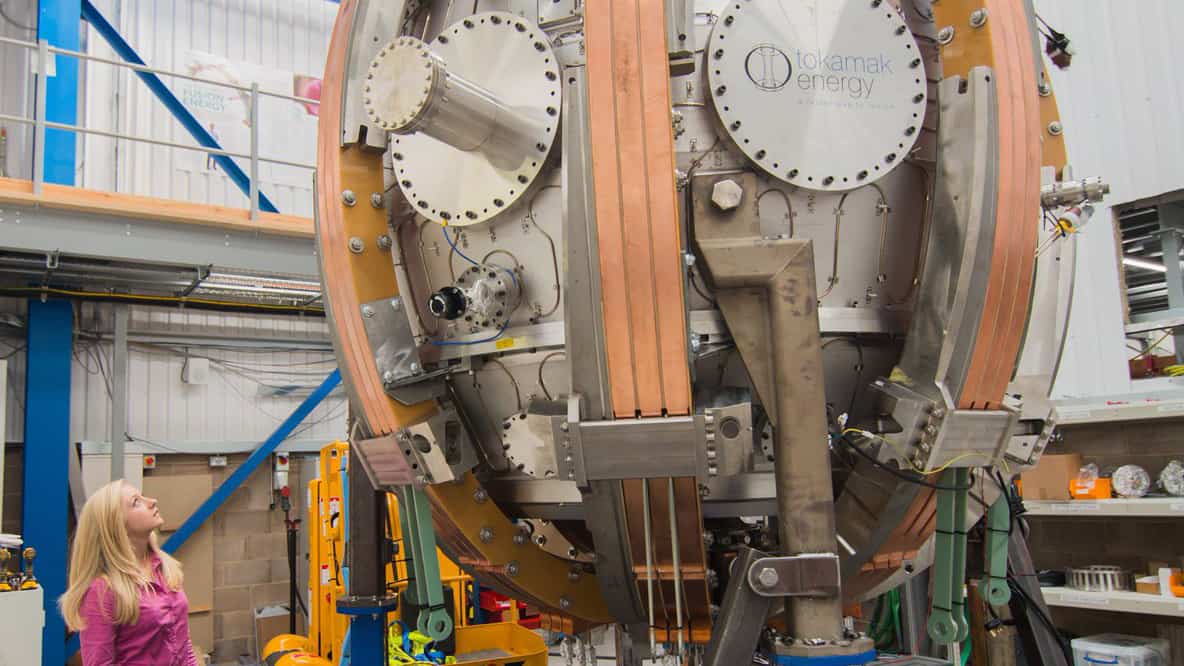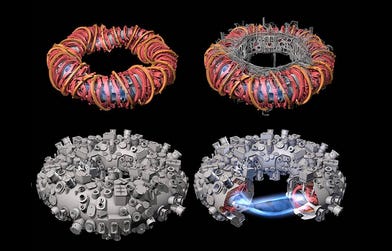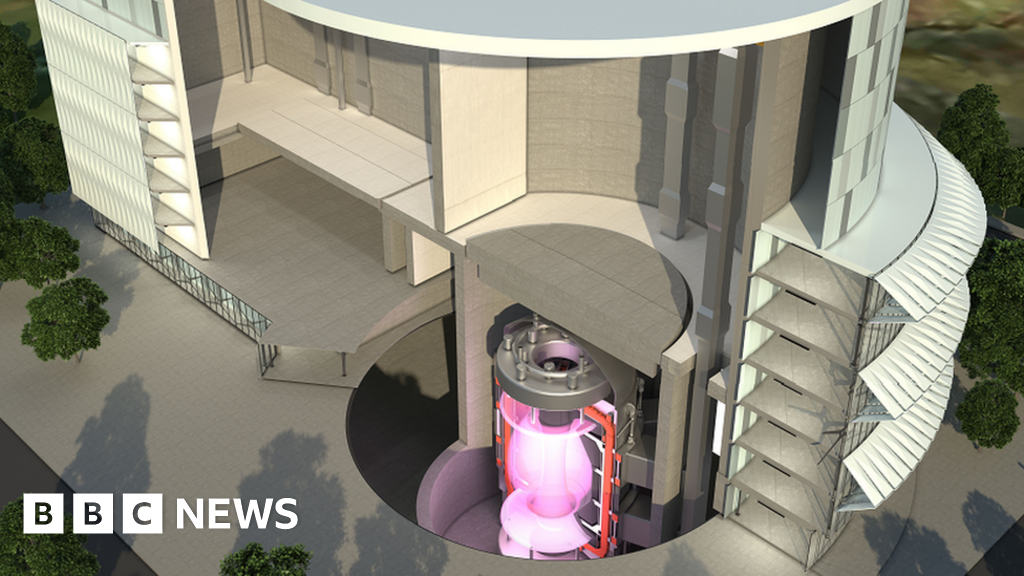Ray Zdybrow
Ubermeta Smartarse
The UK's Secretary of State for Energy has announced that an electricity-generating fusion reactor will be built in Nottinghamshire, generating huge amounts of clean power to be used in Britain and exported to the rest of the world. Could any Chronners with the requisite scientific/technical knowledge comment on the likelihood of this, without (of course) violating the "no politics" rule?





